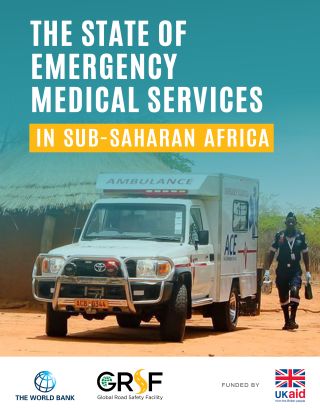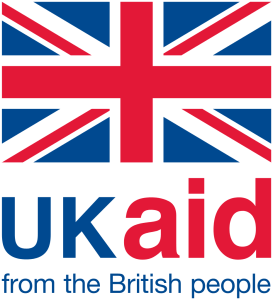Overview
Featured GRSF Grant Activity: Expanding Post Crash Response in Malawi And Tanzania
Road injuries are among the top ten leading causes of death in Sub-Saharan Africa. Effective post-crash response is the only remaining option to increase survival or ameliorate the severity of injury to road traffic crash victims.
Responding to this crisis, the World Bank’s Global Road Safety Facility (GRSF) and its Grant Program supported early stakeholder engagement to build political commitment and provide strategic leadership to road safety and post-crash trauma care, as well as technical advice on the set-up of an exclusive toll-free 118 phone number, telecommunication configurations, and low cost options for the introduction of computer-aided dispatch platforms as part of an Emergency Medical Services (EMS) communication system.
This grant activity also explored options for the broader introduction of post-crash response services across Sub-Saharan Africa, including the identification of opportunities for regional collaboration. A State of Emergency Medical Services in Sub-Saharan Africa report, with the aim of contributing to the development of scalability and sustainability options to enhance the capacity of Malawi and Tanzania for adopting and expanding the EMS and post-crash trauma care pilots.
GRSF in Action ⌵︎
With GRSF’s support, an inventory of the current state of EMS in sub-Saharan Africa was completed.
-
This study allowed information to be obtained at a high-level which was then used as a basis for investigation and can be used for policy reforms and development projects.
-
25 countries participated in the study.
This GRSF-funded activity has also resulted in:
-
Estimations on the benefits and per capita costs of fully scaled-up dimensions of pre-hospital emergency care systems in terms of deaths avoided and years of life lost avoided. based on the burden of disease data for Tanzania and Malawi.
-
Considerations for scale-up and sustainability of the EMS pilots for Tanzanian and Malawian stakeholders for adoption once the pilots are up and running.
-
Recommendations of more comprehensive EMS Policies within National Road Safety Strategies.
-
Dissemination meetings and stakeholder consultations among key stakeholders.
Recognition ⌵︎
The project was also selected for an impact evaluation to be carried out jointly with the Development Impact Evaluation (DIME) team, which will provide important evidence on the impacts of provision of post-crash trauma care on the basis of data collected through development of trauma registries.
Donors ⌵︎
The Scaling Up Post Crash Response in Malawi & Tanzania project is supported by UK Aid and the World Bank through the GRSF.
Project’s Team ⌵︎
Sevara Melibaeva, Dominic Haazen, Christopher J. De Serio, Fatima Barry, Chikondi Nsusa-Chilipa, Allen Natai, Virginia Henrique, Sveta Milusheva, Jonna Bertfelt and Saahil Karpe
The Key Impact
-

A report was developed
on tne State of Emergency Medical Services in Sub-Saharan Africa -

An inventory was completed
on the current state of EMS in sub-Saharan Africa -

25 countries
participated in project's study -

The project was selected for an impact evaluation
to be carried out jointly with the Development Impact Evaluation team
Learn more about this project
The State of Emergency Medical Services in Sub-Saharan Africa




